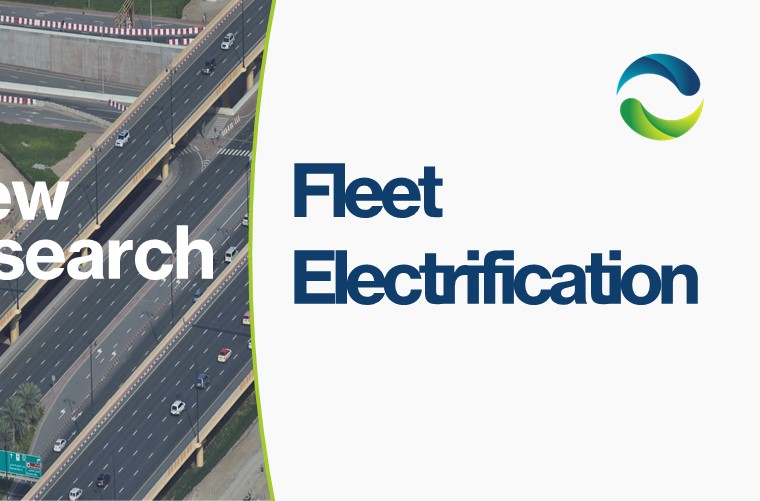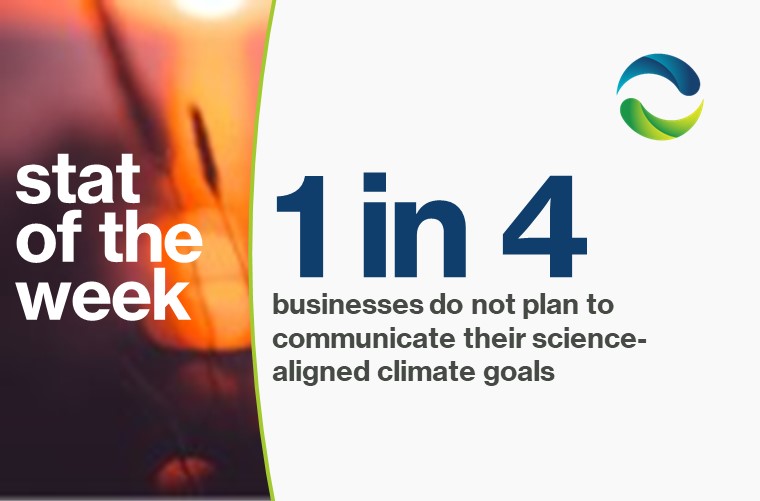Introducing Stat of the Week! Each week, The Climate Board’s experts will highlight one number that teaches a deeper truth about the state of climate action. Be sure to subscribe for more facts and insights on the climate challenge.
The Carbon Disclosure Project (CDP) recently published the results of its 2021 Climate Change Questionnaire. This survey, which aims to assess the presence and quality of companies’ climate transition plans, includes questions about 24 indicators in 8 areas. Full disclosure was exceedingly rare; only 135 companies—just 1% of the over 13,100 surveyed—reported on all 24 key indicators.
On its face, such a paltry rate of completed questionnaires should worry both those concerned about companies’ commitment to climate action as well as those who hope data-gathering organizations like CDP are paving the way to a more transparent, standardized perspective. After all, what good is a survey that virtually nobody completes?
To be fair, things aren’t quite so bleak. While it’s true that few companies answered every question, most answered some. In fact, over 90% of respondents answered questions about their policy-related actions, and over three-quarters responded to those about corporate governance. It seems that there are plenty of companies willing to share some information about their climate challenges and ambitions.
The real cause for concern is how few companies specifically reported on their scope 1, 2, and 3 emissions (barely over 20% reporting on all 3), the climate related risks and opportunities they face (just under 20% reporting on both), or their intensity and net-zero targets (only 6% reporting both).
Why the steep drop-off? Reporting complexity and redundancy likely plays at least some role; CDP is just one of several reporting standards, including SASB[1], TCFD[2], and GRI[3]. Each standard has a different focus (e.g., ESG[4] vs. CSR[5]) and caters to a different audience (e.g., investors vs. a broader set of multiple stakeholders). What’s more, these frameworks are not mutually exclusive. Though many companies use only one framework, some report to multiple and others even select components of one platform against another. The lack of standardization often creates confusion over which framework(s) a company should utilize. It may well be that some companies are disclosing elsewhere, but not to CDP.
But the deeper issue is that questions about emissions and targets are simply harder to answer. They’re certainly more challenging from a technical standpoint. Consider the exact language of two different questions from the CDP questionnaire:
“On what issues have you been engaging directly with policy makers?”
vs.
“Account for your organization’s gross global Scope 3 emissions, disclosing and explaining any exclusions”.
It’s not hard to imagine which one of those would take more time to answer—or indeed may not be answerable at all given current data sources and definitions.
Concrete questions are also harder in terms of willpower. A company likely has few qualms about publicizing its policy preferences, but committing to concrete targets and honestly disclosing progress toward them—or lack thereof—is a different story. There’s little incentive to publicize unimpressive numbers.
What needs to change for next year’s perspective on corporate climate action to be clearer than this year’s?
-
Platforms should work together to streamline, if not standardize, reporting processes :
A single reporting standard is probably far away, and may not even be the right answer. But enhanced collaboration among sustainability disclosure organizations would ease the reporting process and ultimately increase the number of companies that adequately submit data. -
Companies should emphasize reporting capacity-building and skill-building efforts :
As part of the climate planning process, companies should identify their obstacles to completely and accurately reporting on targets and progress. The removal of those obstacles, be they technical, political, or otherwise, is in itself a valuable step toward ultimate goals. Solutions may be internally sourced or vendor-driven, but any inability or unwillingness to report must be addressed. -
Failure to report should be worse than reporting failure :
Investors, B2B customers, and individual consumers must signal ever more clearly their interest in full, honest disclosure, and should emphasize that real money is at stake. The market can set an expectation that all companies are open participants in the climate conversation, and then work proactively to help even laggards accelerate progress. But to do that, stakeholders must not tolerate silence.
[1] Sustainability Accounting Standards Board
[2] Taskforce on Climate-Related Financial Disclosures
[3] Global Reporting Initiative
[4] Environmental, social, and governance
[5] Corporate social responsibility
Do you have an idea for a Stat of the Week? Is your company doing work that The Climate Board (and the world) should know about? Or would you just like to learn more about how we’re helping others accelerate business action on climate change? We’d love to hear from you! Contact us at info@theclimateboard.com.




